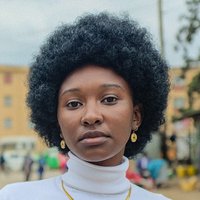Stay in the fight for climate justice
The planet that we all share belongs to everyone and everyone needs to share in the responsibility. We must all work together to preserve it for ourselves right now and for our future generations.
Joyce Koech, is a climate activist and teacher from Mombasa, Kenya. Photo: Rogers Ouma.
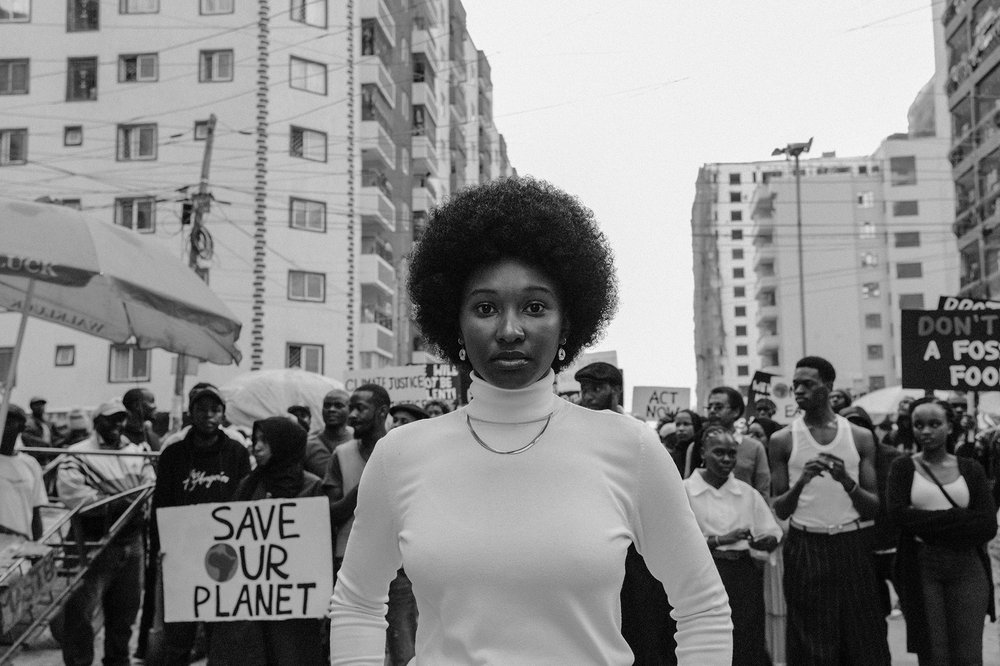
Joyce is campaigning for a sustainable future that is free from fossil fuels. She’s raising awareness of the effects of climate change in her community in Mombasa, Kenya and calling for climate justice.
“I would like women to know that it is only through unity, using our common voice and education that we can change the world.”
Joyce Koech
“Mikoko Yetu Uhai Wetu'' - our mangroves are what keep us alive.

Joyce Koech, planting a new tree in the mangroves on the coast side of Kenya as part of her mangrove restoration campaign. She's fighting for a healthy ecosystem that is resilient to climate change and will benefit the community economically.
What motivates me is the desire to see equity and fairness.
“We must have sustainable business right now, we must phase out fossils right now, for a more livable planet tomorrow!”
Joyce Koech, Kenya
Climate change has had devastating impacts on my community.
Joyce is amplifying in her voice and calling for collective action to address the knock-on impacts of the climate crisis such as increased gender inequality.. Photo: Rogers Ouma.
Climate change continues to increase the gap on gender equality. Women are girls are always disproportionately affected leading to girls missing out on school since they have to go long distances to fetch water and secure food for the family.”
Joyce Koech, Kenya
Inspiring young women
“The more you degrade the environment the more you dig deeper into poverty.”
Joyce Koech, Kenya
Kenyan activist Joyce leading a climate crisis protest march. Photo: Rogers Ouma.

More posts like this
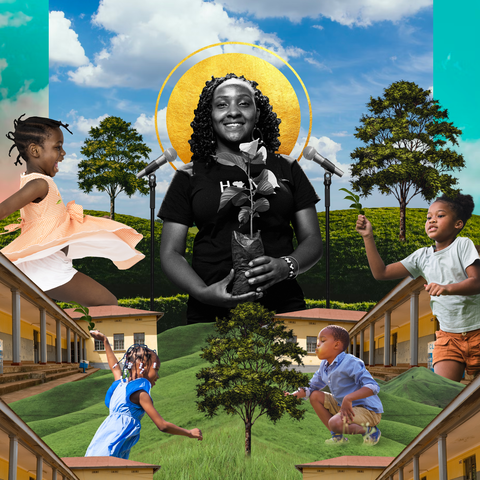
The climate crisis isn't in the future. It's here now, pushing people deeper into poverty. Polluters must pay for the damage they've caused, so all of us can thrive.
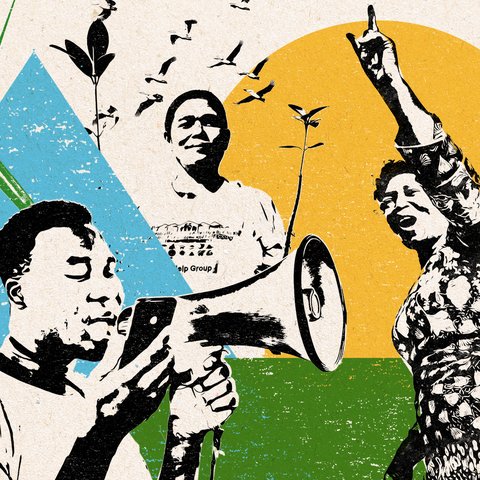
Last year we came together to support communities in their successful mission to get world leaders to agree to a loss and damage fund. Now we urgently need the biggest fossil fuel polluters to pay into it. Sign our petition.
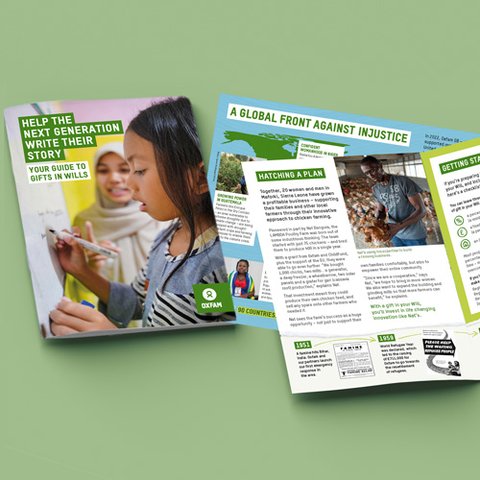
Write or amend your Will for free using our Will writing service. We’ve partnered with trusted providers to make it fast and simple, and there’s no obligation to leave a gift to Oxfam.
